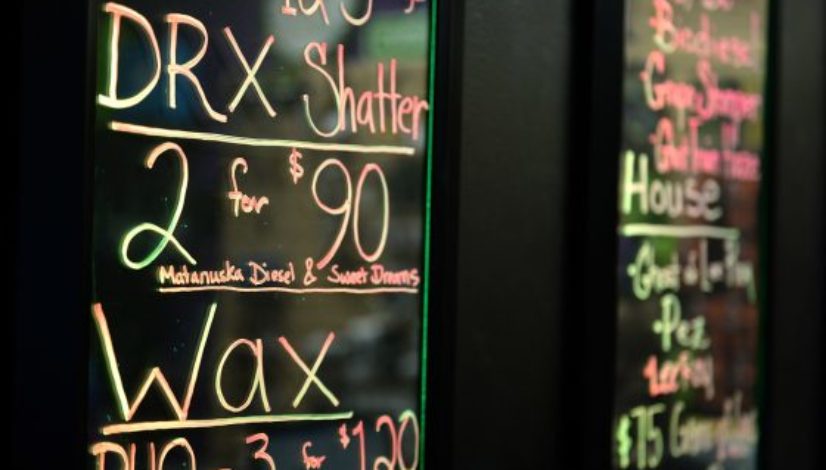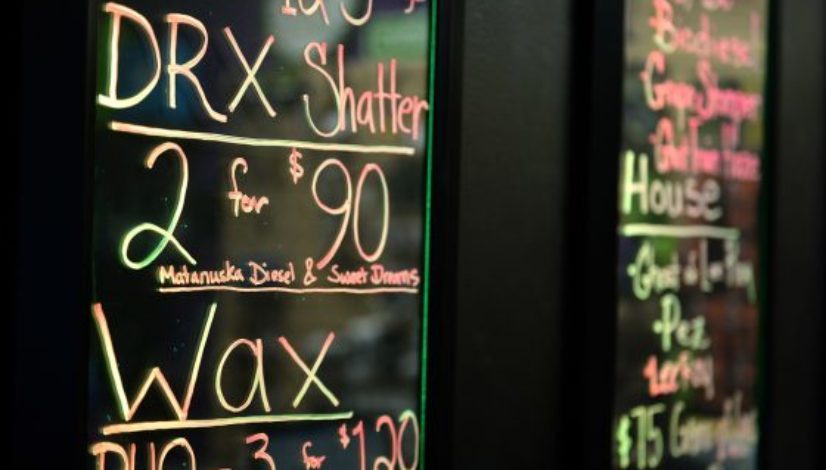Price of marijuana has collapsed in legal era

Published: Sep 5, 2017, 11:44 am • Updated: Sep 5, 2017, 4:49 pm
By Keith Humphreys, Special To The Washington Post
All the diverse effects of legalizing recreational marijuana may not be clear for a number of years, but one consequence has become evident almost immediately: Pot has never been so cheap.
Steven Davenport of the Pardee Rand Graduate School has analyzed marijuana retail prices in Washington state since legal recreational markets opened in July 2014. Remarkably, prices have fallen every single quarter since.
When Davenport spoke to me 18 months ago, retail marijuana prices had already fallen a stunning 58.5 percent. Yet he predicted correctly that the price collapse was not complete. The current retail price of $7.38 per gram (including tax) represents a 67 percent decrease in just three years of the legalization, with more decline likely in the future.
Davenport expects the marijuana industry to continue to find ways to lower prices for the simple reason that it’s a profitable business model. “Some consumers will prefer higher priced brands, but there will always be a market for the brand that can produce adequate quality cannabis at the cheapest cost,” he notes.
Related stories
- Falling marijuana prices mean trouble for states that have legalized
- Why legal cannabis is becoming a major buzzkill for some growers
- Pot prices are plummeting, but there’s a downside to the trend
The ongoing decline in marijuana’s price after legalization has an important implication for drug policy more generally. The experience of Washington and other marijuana legalization states demonstrates how enormously effective prohibition of production and sale is at raising drug prices. For example heroin’s price took a decade to fall by 16 percent, which the legalization of marijuana accomplished in just eight months. Notably, even high taxes on legal marijuana don’t keep the legal price anywhere near what it was when the drug was more broadly illegal.
Prohibition imposes huge costs on drug producing industries that are passed on to consumers in the form of higher prices. These higher prices are one of the principal reasons (the others being stigma and fear of punishment) that illegal drugs are used so much less frequently than legal drugs such as alcohol and tobacco. Marijuana is a rare example where we can see the impact of legalizing a drug in real time, which shows that were the production and sale of heroin, cocaine and methamphetamine also legalized, those drugs would also become dramatically cheaper to consume.
Humphreys is a Professor of Psychiatry at Stanford University and is an affiliated faculty member at Stanford Law School and the Stanford Neurosciences Institute.
Topics: cannabis industry, cost of marijuana, falling pot prices, prices, sales, taxes




